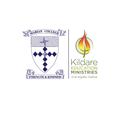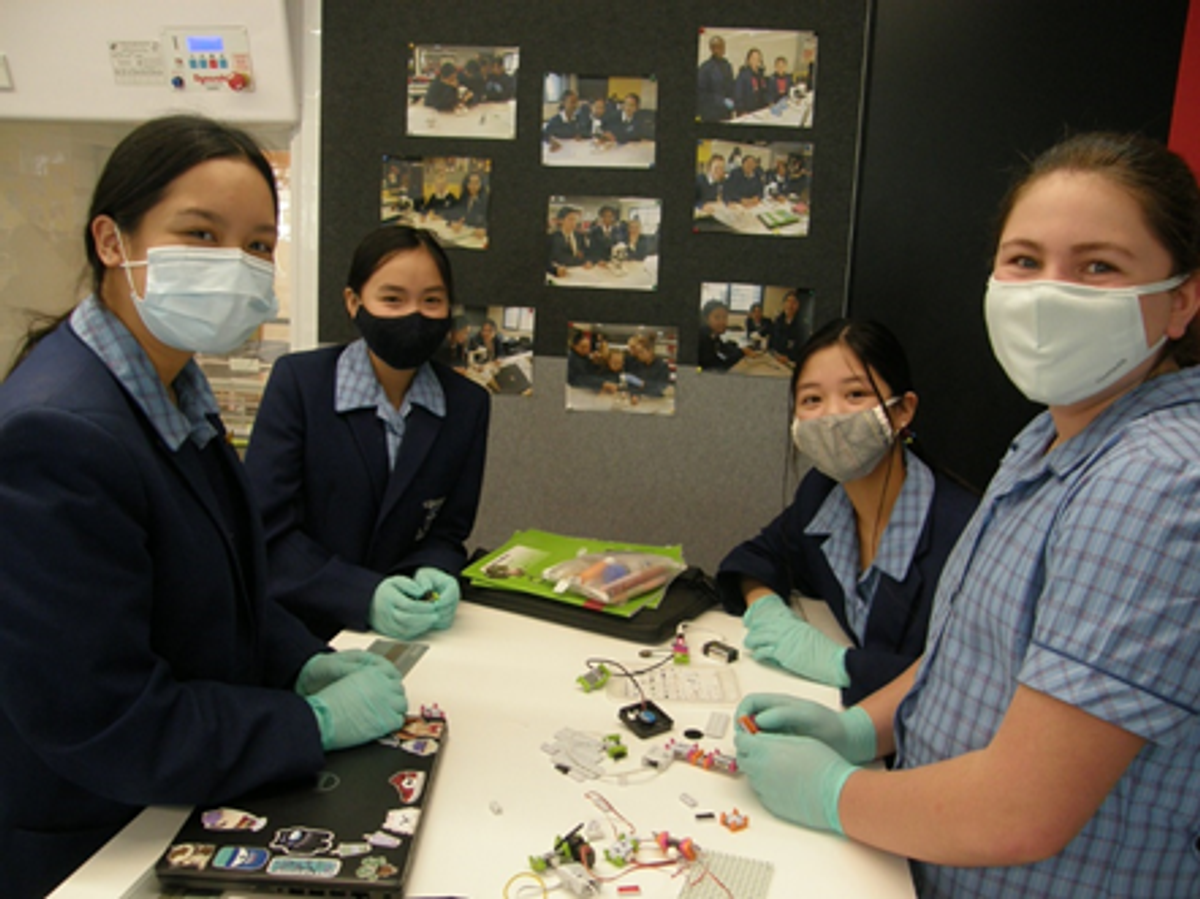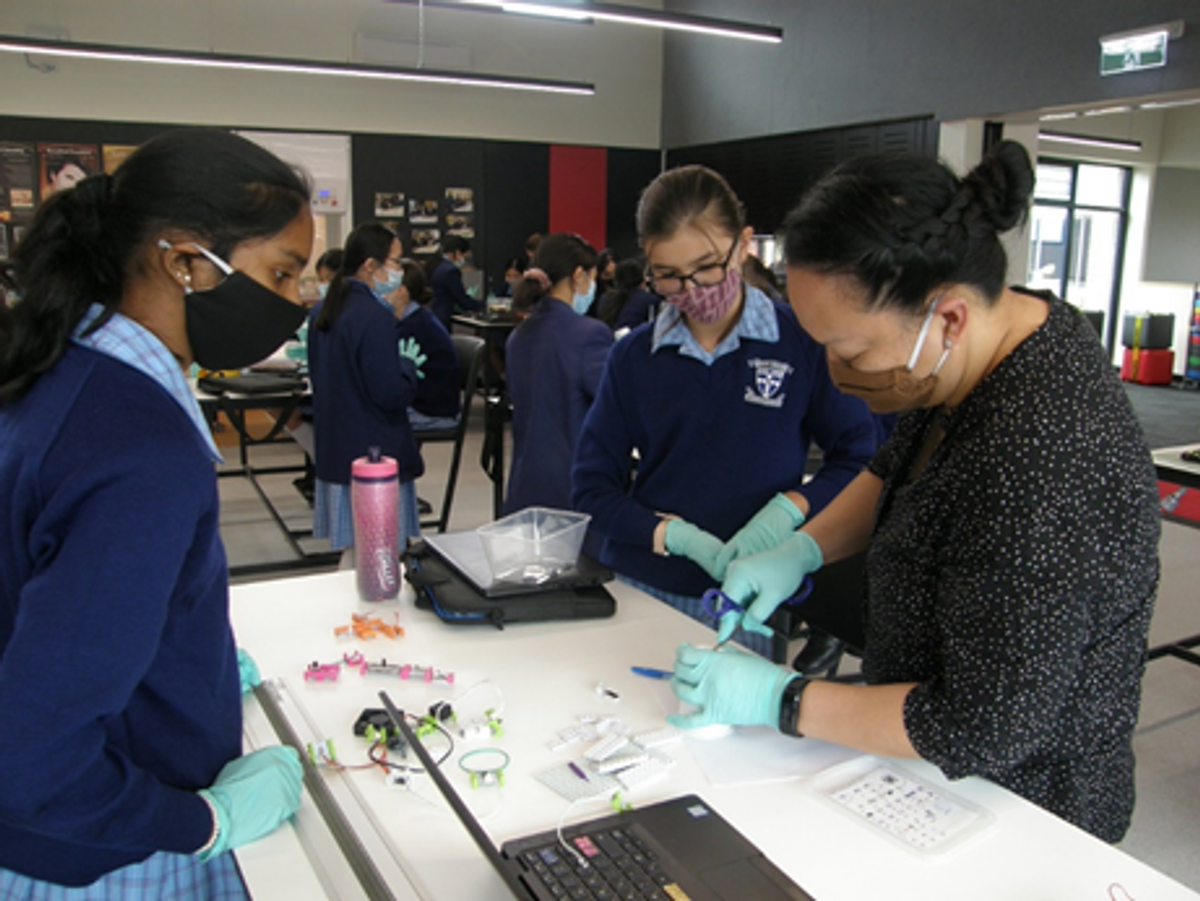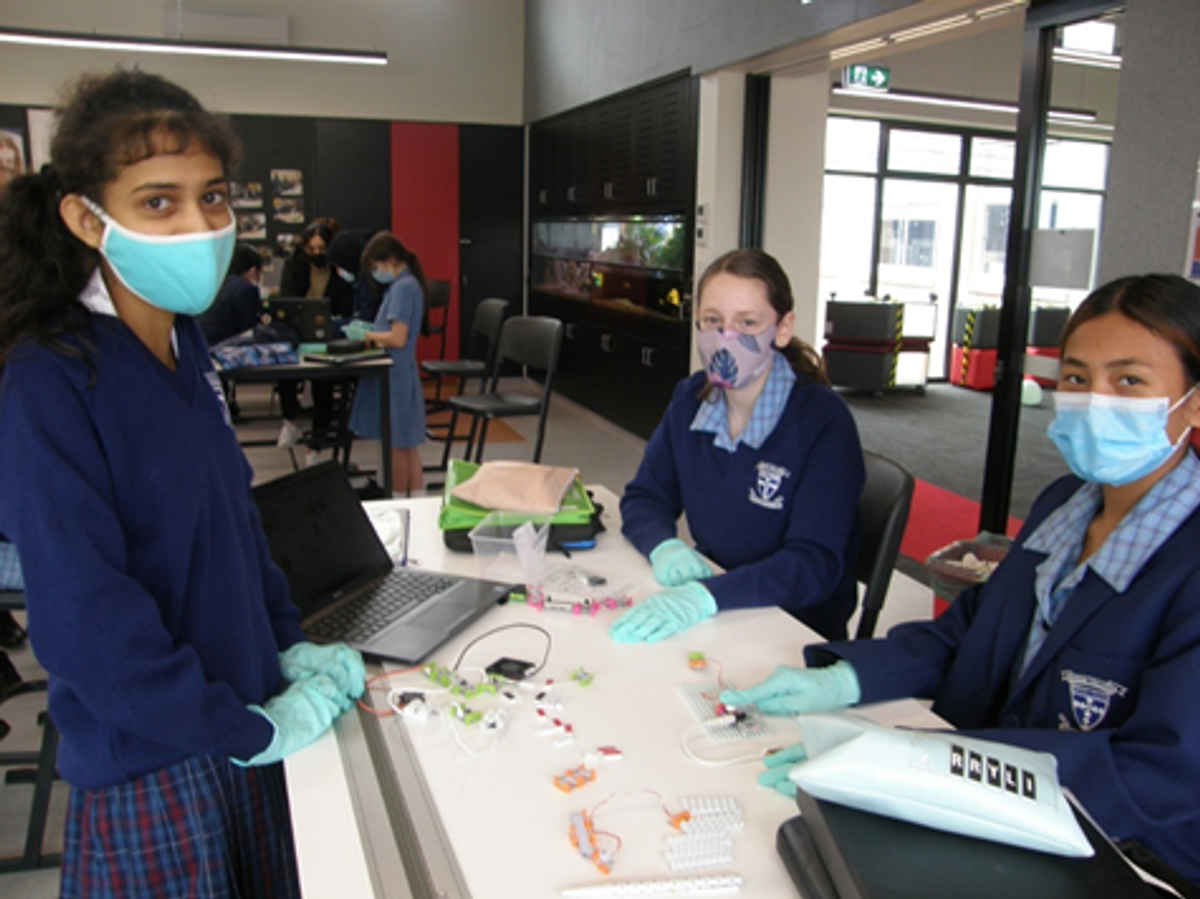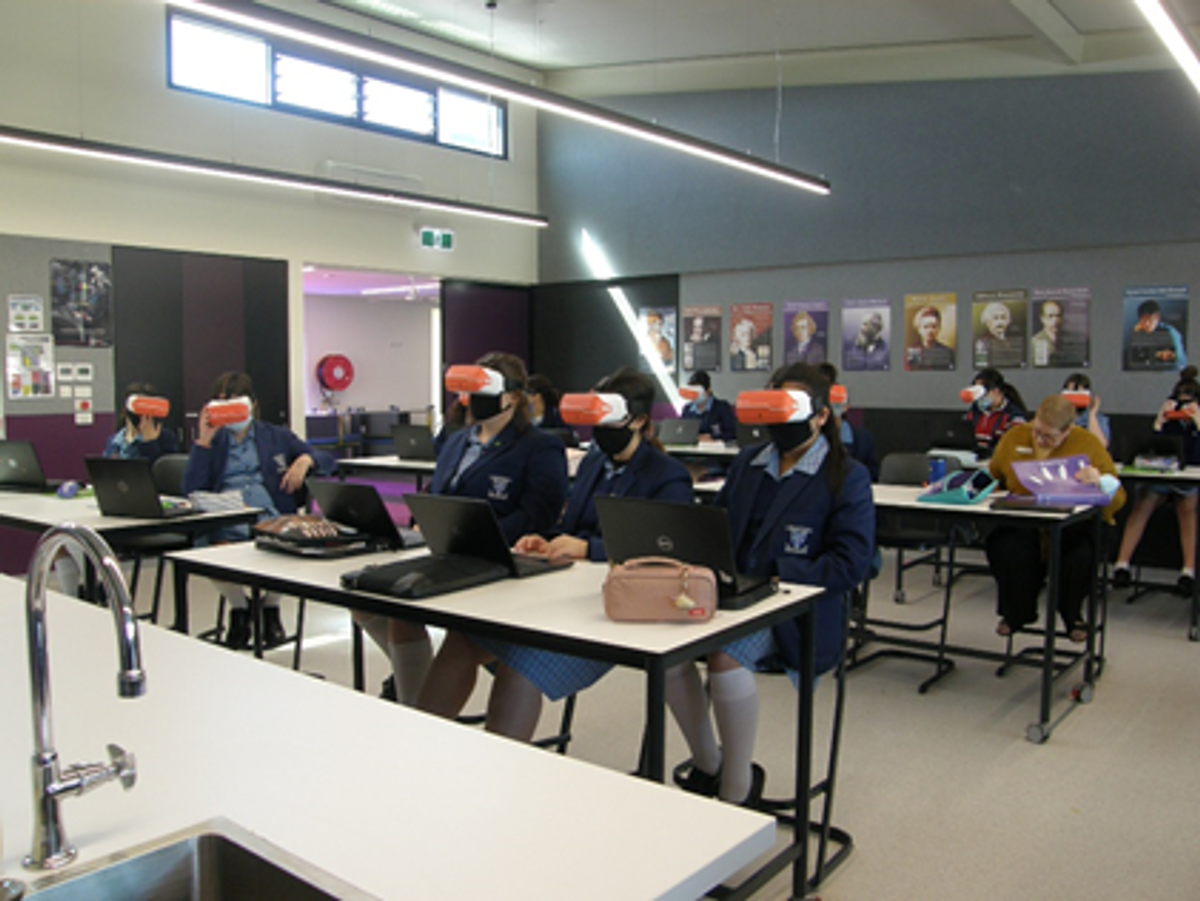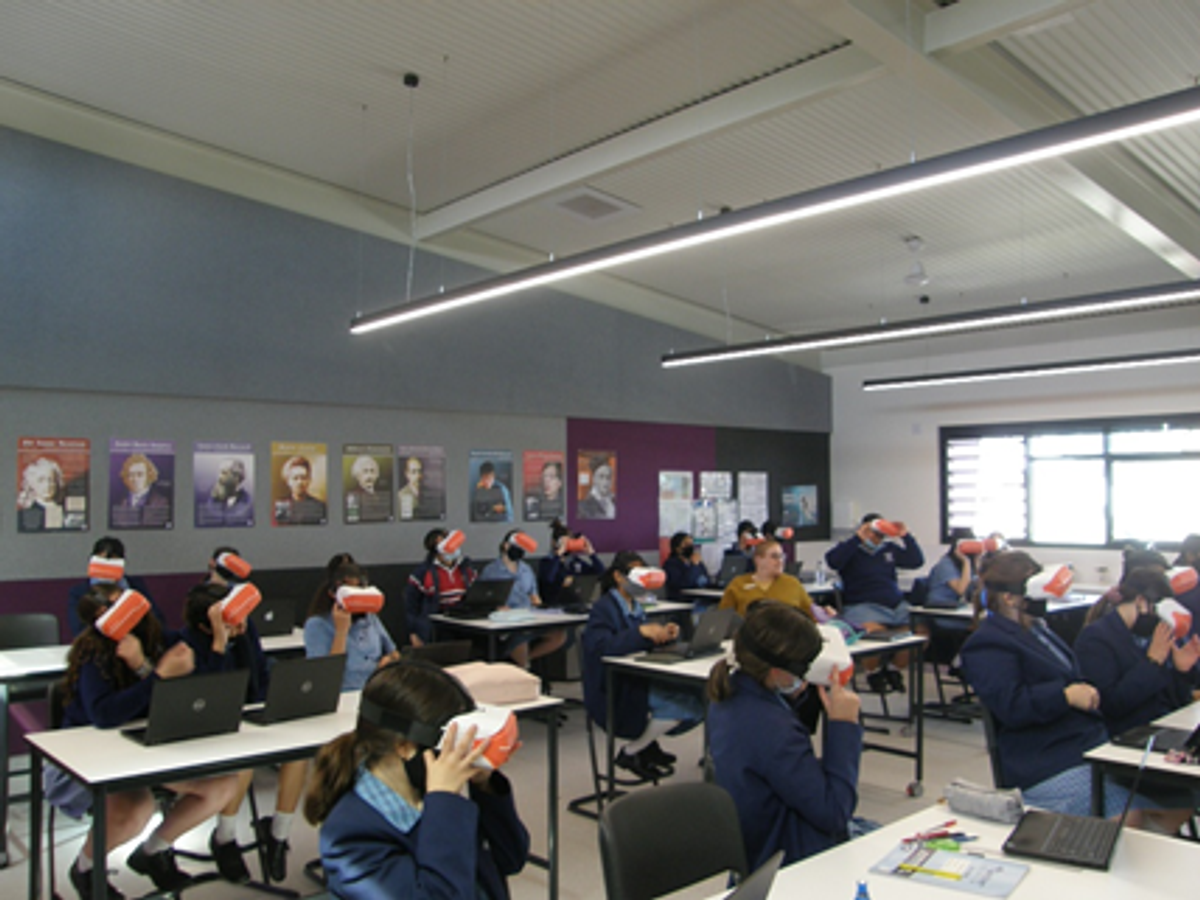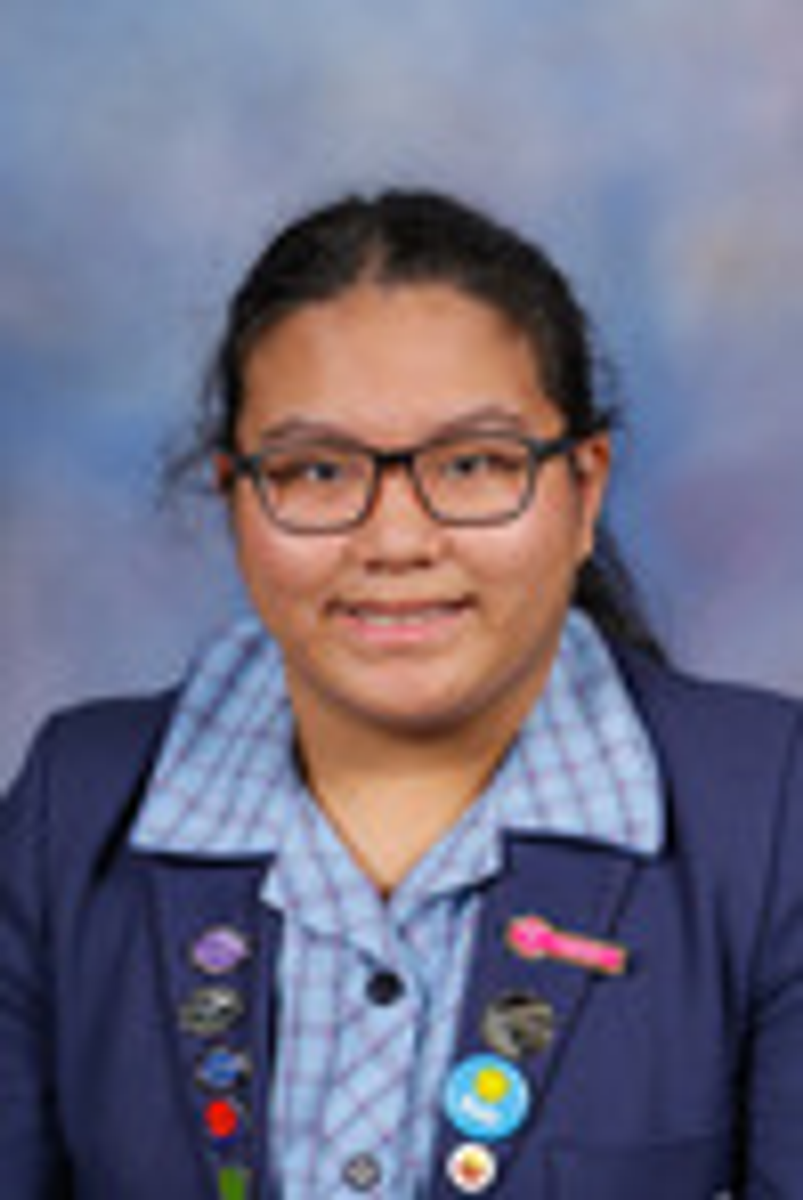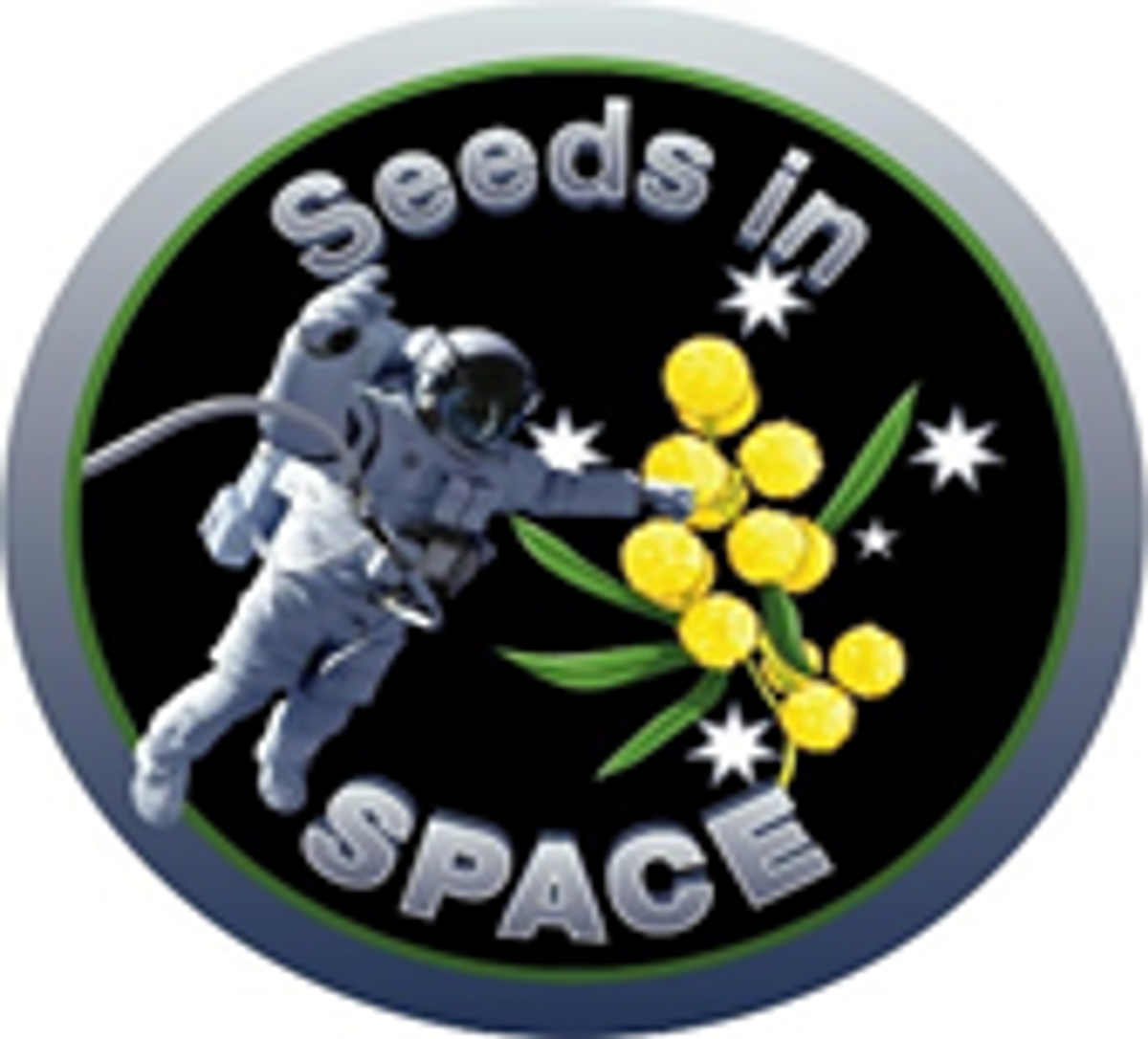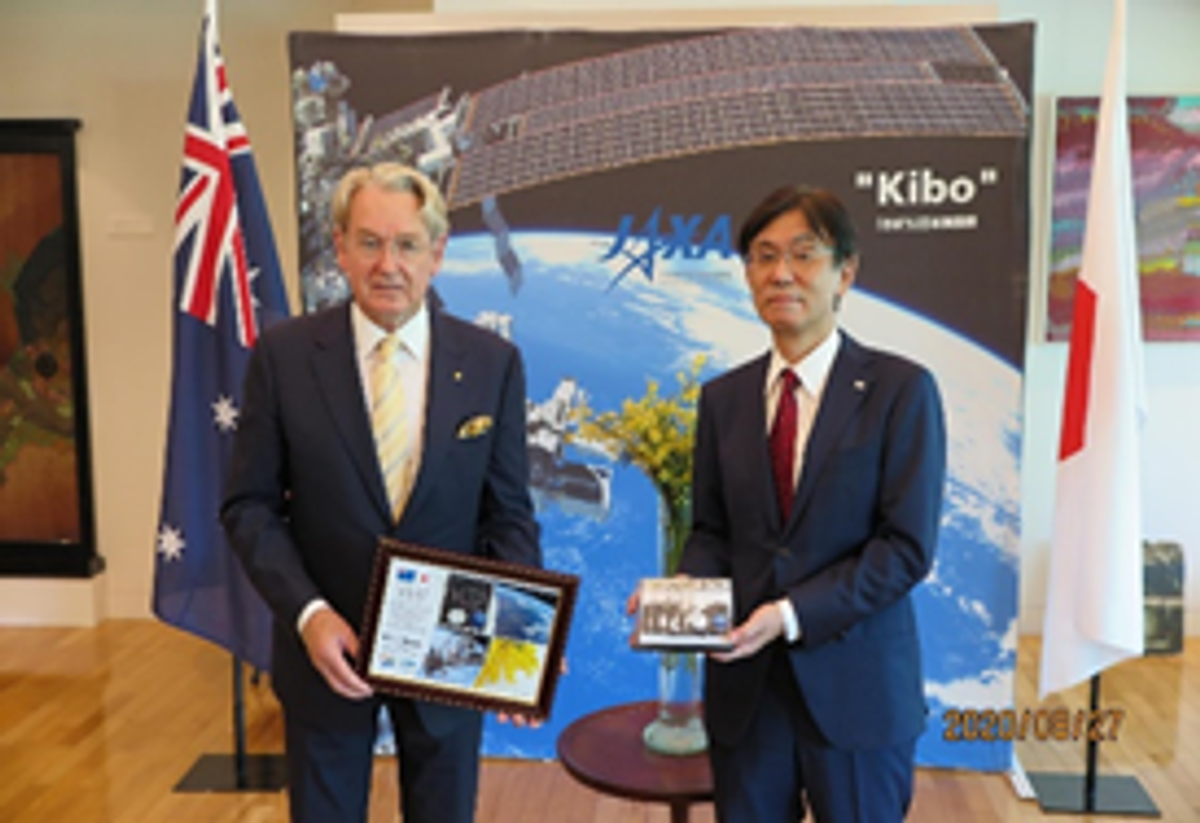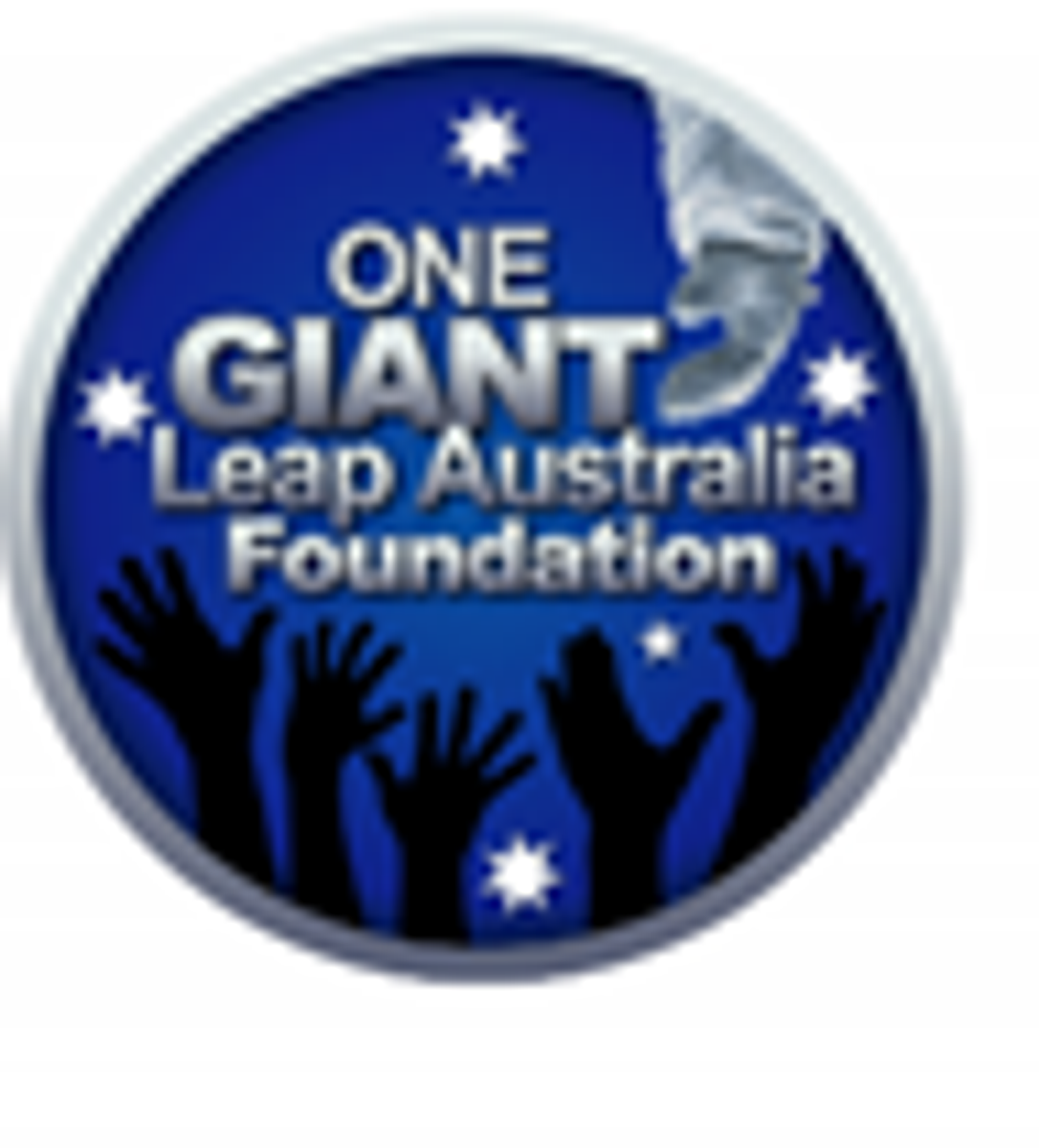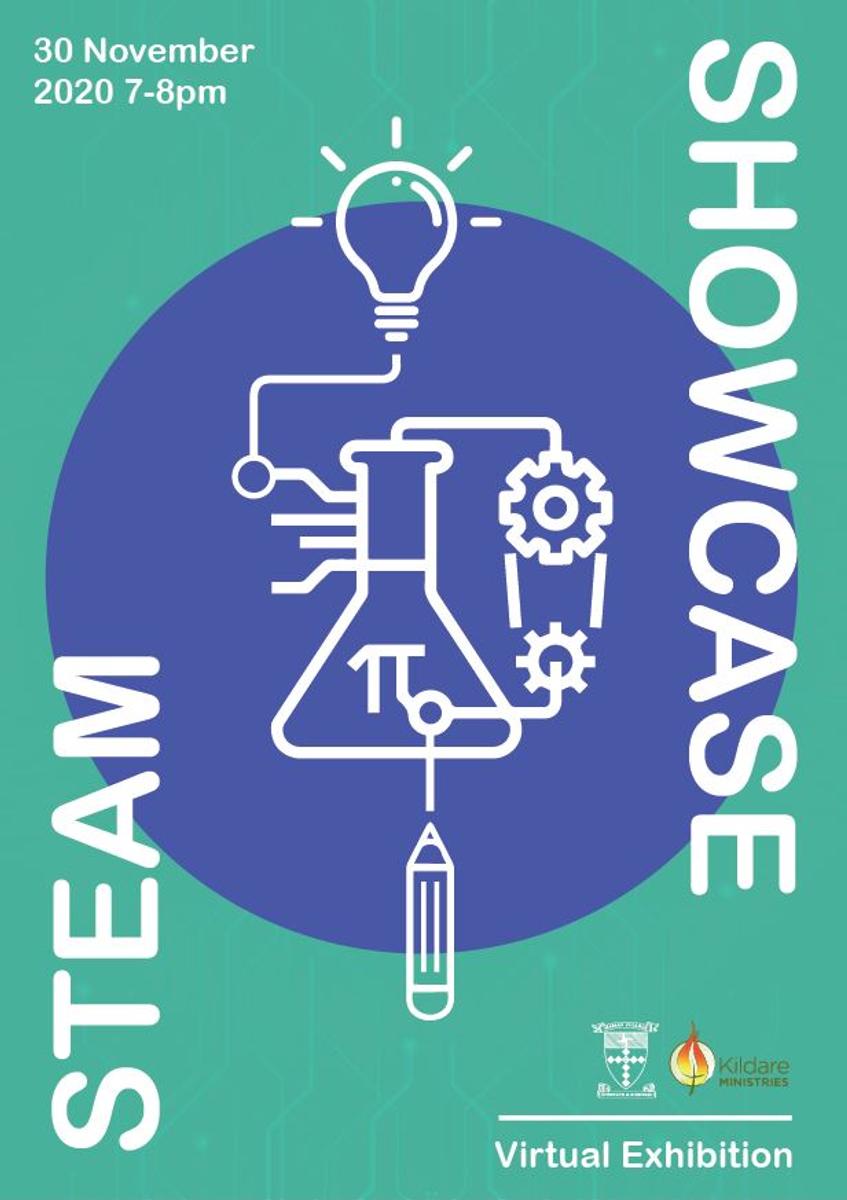Khoa Học
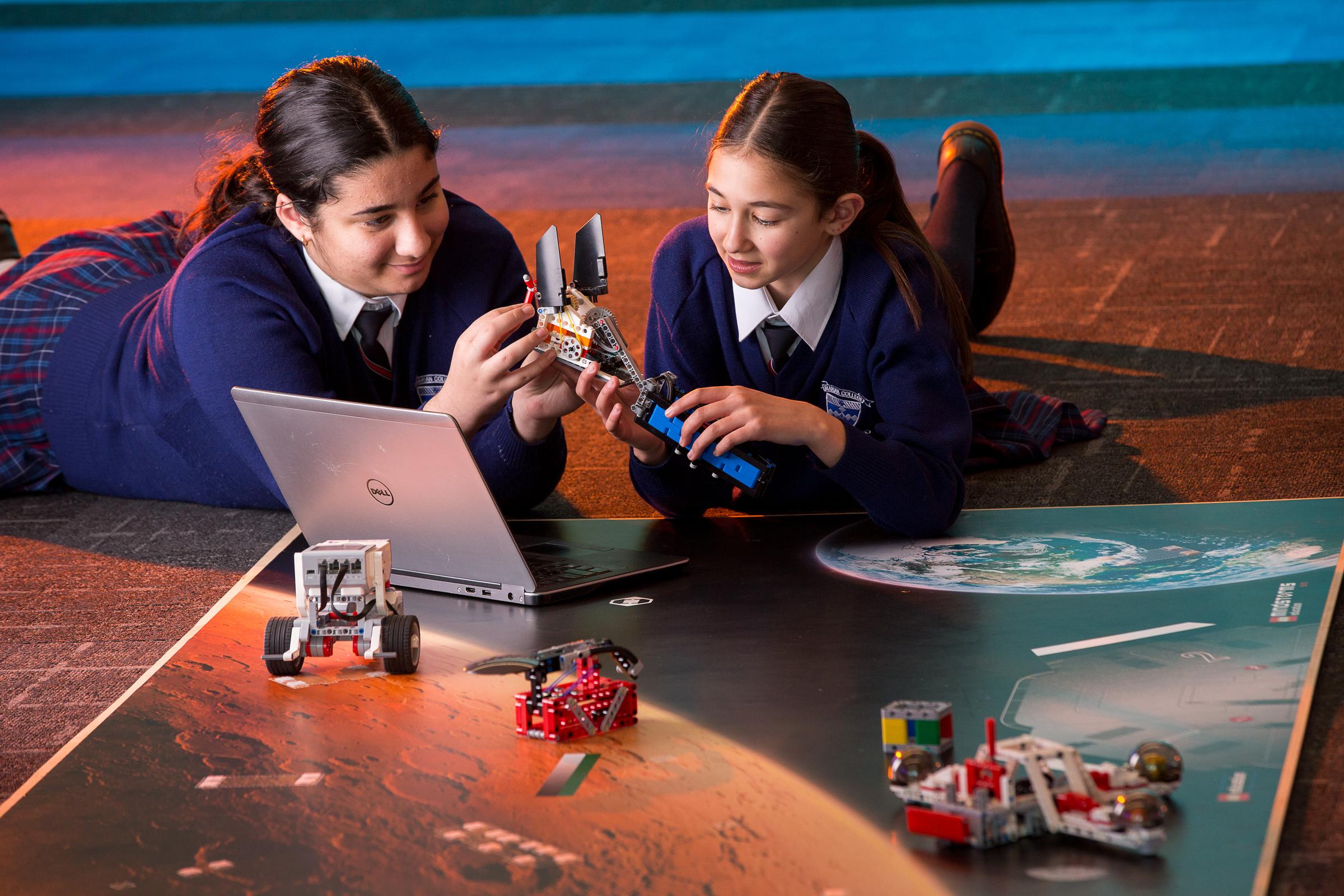
Dự án STEAM
Học kỳ này, tất cả học sinh Lớp 7 và 8 đã làm việc trên các unit dựa trên cơ bản STEAM trong Khoa học. Ở Lớp 7, là một phần của unit Máy móc Đơn giản, các học sinh đã làm việc với Littlebits, một khối xây dựng điện tử. Học sinh có nhiệm vụ phát minh ra một loại máy đơn giản giúp công việc hàng ngày trở nên dễ dàng hơn. Trong suốt thời gian dài của dự án, học sinh đang làm việc cộng tác và làm chủ việc học của mình. Họ cũng đang nghiên cứu, thiết kế và chế tạo nhiều nguyên mẫu. Vào ngày 30 tháng 11, học sinh sẽ giới thiệu các phát minh và nhật ký video của mình cho các bạn cùng lớp và cộng đồng rộng lớn hơn tại STEAM Evening Showcase.
7 Delany working on their Simple Machines inventions
Các học sinh lớp 8 cũng đang thực hiện các dự án STEM về cơ thể con người , "Chúng ta có thể sống thiếu bộ phận cơ thể nào?" Các sinh viên đã bắt đầu nghiên cứu các hệ thống cơ thể và sau đó tìm ra những bộ phận cơ thể nào có thể được thay thế thông qua các tiến bộ y học trong tương lai. Sử dụng lớp tai nghe Thực tế ảo , giờ đây sinh viên sẽ có cơ hội khám phá sâu hơn các hệ thống cơ thể người thông qua video và hình ảnh 3D. Việc sử dụng camera 360 độ cũng sẽ cho phép họ chụp ảnh các dự án của mình và tải chúng lên tai nghe ClassVR để chia sẻ với các bạn cùng lớp.
Olympic Khoa học
Các cuộc thi Olympic Khoa học Úc là một chương trình quốc gia phong phú dành cho học sinh khoa học trung học. Những kỳ thi kéo dài hai giờ đầy thử thách này, mang đến cơ hội bổ ích cho học sinh để mở rộng bản thân trong các chương trình phong phú và các cuộc thi quốc tế.
Học kỳ trước, chúng tôi có một số học sinh từ Lớp 7-12 tham gia các kỳ thi Olympic Khoa học đầy thử thách.
Chúng tôi xin chúc mừng Aishwarya Lakshmi và Krishna Aguinaldo (Lớp 11), cả hai đều được thưởng Credit cho kỳ thi Sinh học. Cả hai sinh viên đều được xếp vào nhóm 25% sinh viên hàng đầu tại Úc.
Chúc mừng Aishwarya and Krishna!
Suzanne Matejin (Learning Leader- Mathematics and Science)
Tháng Mười Một 7th, 2020
What’ll Happen to the Wattle??!
SYDNEY --One Giant Leap Australia Foundation is sending native golden wattle seeds to the International Space Station in early December, 2020.
In collaboration with the Japan Aerospace Exploration Agency (JAXA) the seeds will live in space for six months, returning to Australia in time for Science Week 2021.
Supported by the Australian Space Agency, the "What’ll happen with the wattle??!" programme is being offered to more than 150 schools, scout groups and Australian Air Force Cadets across Australia.
A community panel judged the applications that included 200 words and a short video, explaining what the schools would do with the wattle once it had grown.
One of the panel members said, “We have spent 5 days watching videos. Entries from all over Australia. From a single teacher in a face mask in a school in Victoria to a small school in remote Northern Territory. It has been an amazing opportunity to laugh and cry our way through them.”
Marian College, is one of a select group of schools in Australia who will be receiving the wattle seeds, after they have spent a six-month journey in space. Aishwarya Lakshmi and Krishna Aguinaldo (Year 11,) are both very excited to participate in this once in a lifetime opportunity. Both students, “are looking forward to this amazing program and through this project, we hope to inspire the students at our school to actively participate in STEM programs at Marian College”. Mrs Matejin, the Learning Leader for Mathematics and Science at Marian College, describes this as a wonderful example of how the school community is drawing upon the resources of parents, the guidance of teachers and the Marian students, to achieve such great outcomes.
Once selected, the chosen schools around Australia will receive wattle seeds that have flown to space, plus seeds that have not. The seeds are from the same seed lot. Students are asked to germinate and grow their seeds, recording data about the germination and seed growth. Data will be uploaded to the ‘What’ll happen to the wattle??!’ app.
Throughout the programme, One Giant Leap Australia Foundation will run teleconferences and provide educational support to participating groups.
The 12-month to 2 year project will result in the creation of a nationwide map identifying the location of Australia‘s 'space wattle’trees.
The project is an historic opportunity for Australian schools and students. Japanese Aerospace Exploration Agency (JAXA) media announcement:
https://iss.jaxa.jp/en/kuoa/news/200901.html
For further information, please contact:
Jackie Carpenter
Director
One Giant Leap Australia Foundation
041 232 6509
